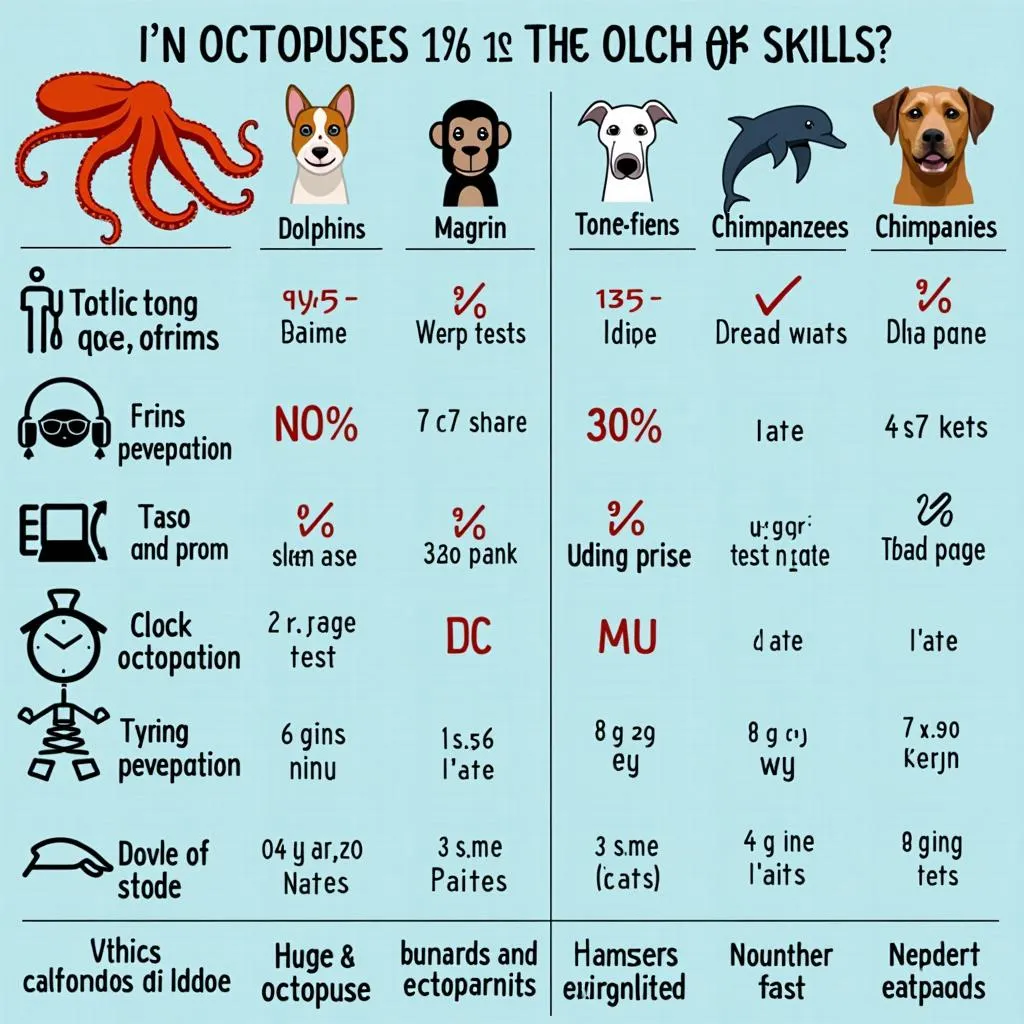The ability to articulate your personal development is a crucial skill for the IELTS Speaking test. “Describe a skill you are currently developing” is a topic that frequently appears in Part 2 of the test and can also be explored in Parts 1 and 3. This theme allows candidates to showcase their self-awareness, ambition, and ability to discuss personal growth—all valuable qualities that examiners look for.
Nội dung bài viết
“Describe a skill you would like to improve” is closely related to this topic, as it often involves discussing similar aspects of personal development. Let’s explore how to effectively address this topic across all parts of the IELTS Speaking test.
Part 1: Introduction and Interview
In Part 1, you may encounter questions related to skills and personal development. Here are some typical questions an examiner might ask:
- Do you enjoy learning new skills?
- What skill are you currently trying to improve?
- How do you usually learn new skills?
Let’s look at a sample answer for question 2:
Examiner: What skill are you currently trying to improve?
Candidate (Band 7-8 response): “At the moment, I’m focusing on enhancing my public speaking abilities. I’ve always been a bit nervous about addressing large audiences, so I’ve joined a local Toastmasters club to practice regularly. It’s been a challenging but rewarding experience so far, and I can already see some improvement in my confidence levels.”
This response demonstrates a good range of vocabulary, uses specific examples, and shows reflection on the learning process—all key elements for a higher band score.
Part 2: Long Turn (Cue Card)
Here’s a sample cue card related to the topic:
Describe a skill you are currently developing
You should say:
- What the skill is
- Why you decided to develop this skill
- How you are learning it
- And explain how you feel about developing this skill
Now, let’s look at sample responses for different band scores:
Band 6-7 Response:
“I’m currently working on improving my cooking skills. I decided to develop this skill because I realized I was relying too much on takeout food, which isn’t very healthy or economical. To learn, I’m using online cooking tutorials and trying new recipes every week. I feel excited about developing this skill because it’s helping me eat healthier and save money. It’s challenging sometimes, especially when recipes don’t turn out as expected, but I’m enjoying the learning process.”
Band 8-9 Response:
“I’m presently honing my proficiency in data analysis, specifically focusing on mastering Python programming for statistical analysis. I embarked on this journey of skill development after recognizing the growing importance of data-driven decision-making in my field of marketing. To cultivate this competency, I’ve enrolled in an online course offered by a prestigious university and I’m also collaborating with a mentor who’s an expert in the field.
The learning process has been both exhilarating and demanding. I find myself grappling with complex algorithms one day and experiencing the thrill of successfully running my first predictive model the next. What I find particularly gratifying about developing this skill is its wide-ranging applicability. Not only will it enhance my professional capabilities, but it’s also sharpening my logical thinking and problem-solving abilities in general.
While there are moments of frustration when debugging code or wrestling with intricate statistical concepts, the sense of accomplishment when overcoming these hurdles is immensely rewarding. Overall, I’m thoroughly engrossed in this learning journey and excited about the doors it may open in the future.”
 Person engrossed in data analysis learning process
Person engrossed in data analysis learning process
This response demonstrates a wide range of advanced vocabulary, complex sentence structures, and thoughtful reflection on the learning process—key elements for achieving a high band score.
Follow-up questions:
- How long do you think it will take you to master this skill?
- What challenges have you faced while developing this skill?
Sample answers:
Band 6-7: “I think it might take me about a year to really get good at data analysis. The main challenge I’ve faced is finding enough time to practice regularly while balancing my other commitments.”
Band 8-9: “Mastering data analysis is an ongoing process, and I anticipate it will take several years to achieve a high level of expertise. The field is constantly evolving, so continuous learning is essential. The primary challenge I’ve encountered is grappling with the steep learning curve of advanced statistical concepts and their implementation in Python. However, I find that breaking down complex problems into smaller, manageable tasks helps me overcome these obstacles.”
Part 3: Two-way Discussion
In Part 3, the examiner may ask more abstract questions related to skill development. Here are some possible questions and sample answers:
Examiner: How has technology changed the way people learn new skills?
Band 6-7 Response: “Technology has made learning new skills much easier. There are many online courses and tutorials available now, which people can access from anywhere. This means you can learn at your own pace and in your own time. However, it can also be distracting, and some people might find it hard to stay motivated without face-to-face interaction.”
 Variety of online learning platforms available
Variety of online learning platforms available
Band 8-9 Response: “Technology has revolutionized the landscape of skill acquisition in numerous ways. Firstly, it has democratized access to knowledge, with platforms like MOOCs (Massive Open Online Courses) offering high-quality education from renowned institutions to anyone with an internet connection. This has leveled the playing field for learners worldwide.
Moreover, technology has enabled personalized learning experiences through adaptive algorithms that tailor content to individual progress and learning styles. This bespoke approach enhances efficiency and engagement in the learning process.
However, it’s worth noting that this technological shift also presents challenges. The abundance of information can be overwhelming, requiring learners to develop strong critical thinking and information literacy skills. Additionally, the lack of face-to-face interaction in many online learning environments may impact the development of certain soft skills, such as teamwork and verbal communication.
On balance, though, I believe technology has predominantly positive implications for skill development, fostering a culture of lifelong learning and enabling individuals to adapt swiftly to the ever-changing demands of the modern world.”
Key Vocabulary and Phrases for High Scores
To elevate your responses, consider incorporating these advanced terms and expressions:
- Hone (verb) /həʊn/ – to improve or perfect over time
Example: “I’m constantly honing my writing skills through daily practice.” - Proficiency (noun) /prəˈfɪʃənsi/ – a high degree of skill or expertise
Example: “Achieving proficiency in a foreign language requires consistent effort.” - Cultivate (verb) /ˈkʌltɪveɪt/ – to acquire or develop a skill or quality
Example: “She’s been cultivating her leadership abilities through various workshops and experiences.” - Exhilarating (adjective) /ɪɡˈzɪləreɪtɪŋ/ – very exciting and enjoyable
Example: “Learning to play an instrument can be an exhilarating experience.” - Grapple with (phrasal verb) /ˈɡræpl wɪð/ – to struggle or contend with
Example: “Many students grapple with complex mathematical concepts initially.” - Gratifying (adjective) /ˈɡrætɪfaɪɪŋ/ – giving pleasure or satisfaction
Example: “It’s incredibly gratifying to see your skills improve over time.”
“Describe a club or society you were a member of” can provide additional context for discussing skill development, as many clubs offer opportunities to learn and practice new abilities.
Examiner’s Advice
To achieve a high score in the IELTS Speaking test when discussing skill development:
- Use a wide range of vocabulary related to learning and personal growth.
- Provide specific examples and personal experiences to support your points.
- Demonstrate critical thinking by discussing both benefits and challenges of skill development.
- Use a variety of complex sentence structures to showcase your language proficiency.
- Show enthusiasm and reflection in your responses, particularly when discussing your feelings about learning.
Remember, the key to success is not just what you say, but how you say it. Practice articulating your thoughts clearly and confidently, and you’ll be well-prepared to tackle this topic in your IELTS Speaking test.
“Describe a skill you are trying to master” offers another perspective on this topic, focusing on long-term goals and persistence in skill development.
By following these guidelines and incorporating advanced vocabulary and structures, you’ll be well-equipped to discuss your skill development journey effectively in the IELTS Speaking test. Remember, authentic examples and genuine reflection on your experiences will always make your responses more compelling and score-worthy.


